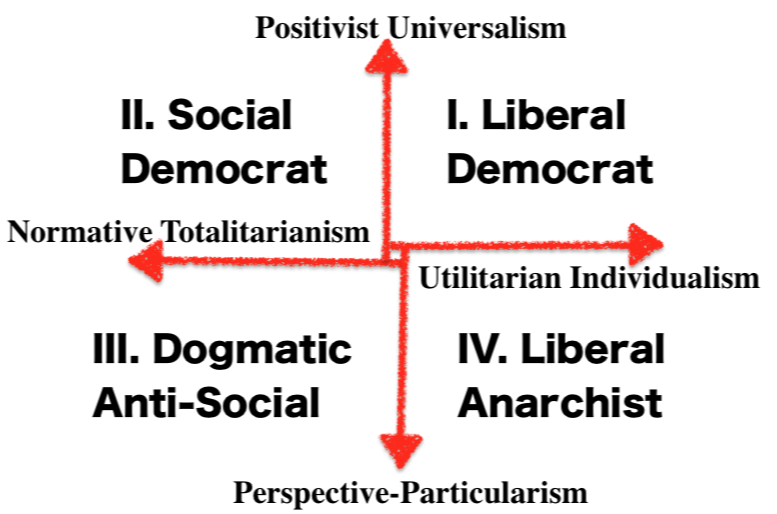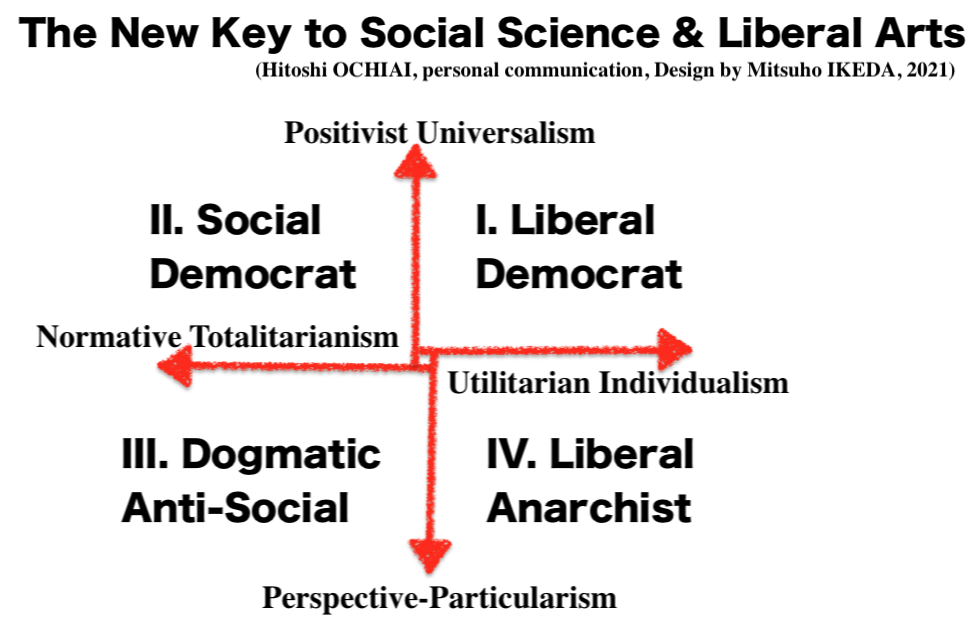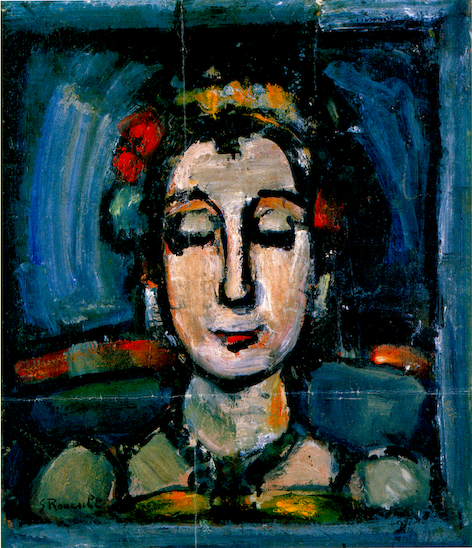The
New Key to
Social Science & Liberal Arts in 21st century

The
New Key to
Social Science & Liberal Arts in 21st century

Winch, Peter, The idea
of a social science and its relation to philosophy, 1958, 2015. with a
new introduction by Raimond Gaita
(2015)
"In the fiftieth anniversary of this book's first release, Winch's argument remains as crucial as ever. Originally published in 1958, The Idea of a Social Science and Its Relation to Philosophy was a landmark exploration of the social sciences, written at a time when that field was still young and had not yet joined the Humanities and the Natural Sciences as the third great domain of the Academy. A passionate defender of the importance of philosophy to a full understanding of 'society' against those who would deem it an irrelevant 'ivory towers' pursuit, Winch draws from the works of such thinkers as Ludwig Wittgenstein, J.S. Mill and Max Weber to make his case. In so doing he addresses the possibility and practice of a comprehensive 'science of society'."- Nielsen BookData.
Preface to the Second
Edition
Part 1:
Philosophical
Bearings
Part 2:
The Nature of
Meaningful Behaviour
Part 3:
The Social Studies
as Science
Part 4:
The Mind and
Society
Part 5: Concepts
and Actions
Peter Winch, 1926-1997
"Peter Guy Winch (14 January 1926 – 27 April 1997) was a British philosopher known for his contributions to the philosophy of social science, Wittgenstein scholarship, ethics, and the philosophy of religion. Winch is perhaps most famous for his early book, The Idea of a Social Science and its Relation to Philosophy (1958), an attack on positivism in the social sciences, drawing on the work of R. G. Collingwood and Ludwig Wittgenstein's later philosophy..../Winch was born on 14 January 1926, in Walthamstow, London. He attended Leyton County High School for boys,[2] before going up St Edmund Hall, Oxford to read Philosophy, Politics and Economics. Following the outbreak of World War II, he served in the Royal Navy 1944–47, before graduating from the University of Oxford in 1949. He was a lecturer in philosophy at the Swansea University from 1951 until 1964. He was influenced by his colleagues Rush Rhees and Roy Holland, both experts in the philosophy of Ludwig Wittgenstein. In 1964, he moved to Birkbeck College, University of London, before becoming Professor of Philosophy at King's College London in 1967. During this period, he served as president of Aristotelian Society, from 1980 to 1981. In 1985 Winch moved to the United States to become Professor at the University of Illinois at Urbana-Champaign./ He died on the 27 April 1997, in Champaign, Illinois/ ... He died on the 27 April 1997, in Champaign, Illinois "
"Peter Winch
saw himself as an uncompromising Wittgensteinian. He was not personally
acquainted with Wittgenstein; Wittgenstein's influence upon him was
mostly mediated through that of Rush Rhees (1905-1989), who was his
colleague at
the University College of Swansea, now known as Swansea University, and
whom Wittgenstein appointed as one of his literary executors.[7]
Winch's translation of Wittgenstein's Vermischte
Bemerkungen (as edited
by Georg Henrik von Wright) was published in 1980 as Culture and Value
(with a new translation by Winch of a revised edition by Alois Pichler
appearing in 1998).[8] After the death of Rhees in 1989, Winch took
over his position as literary executor./ From Rush Rhees, Winch derived
his interest in the religious writer Simone Weil. Part of the appeal
was a break from Wittgenstein into a very different type of philosophy
which could nevertheless be tackled with familiar methods. Also Weil's
ascetic, somewhat Tolstoyan, form of religion harmonised with one
aspect of Wittgenstein's personality./ At a time when most
Anglo-American philosophers were heavily under the spell of
Wittgenstein, Winch's own approach was strikingly original. While much
of his work was concerned with rescuing Wittgenstein from what he took
to be misreadings, his own philosophy involved a shift of emphasis from
the problems that preoccupied Oxford style ‘linguistic’ philosophy,
towards justifying and explaining 'forms of life' in terms of
consistent language games. He took Wittgensteinian philosophy into
areas of ethics and religion, which Wittgenstein himself had relatively
neglected, sometimes showing considerable originality. An example is
his illuminating treatment of the moral difference between someone who
tries and fails to commit murder and someone who succeeds, in his essay
"Trying" in Ethics and Action. With the decline of interest in
Wittgenstein, Winch himself was increasingly neglected and the
challenge his arguments presented to much contemporary philosophy was
sidestepped or ignored. In insisting on the continuity of
Wittgenstein's concerns from the Tractatus through to the Philosophical
Investigations, Winch made a powerful case for Wittgenstein's mature
philosophy, as he understood it, as the consummation and legitimate
heir of the entire analytic tradition.[9]" - Peter Winch.
Program protocols for salvaging the principles of the humanities and social sciences
| 0)以下のような情報と歴史を知る必要がある、すなわち、 1)1960年以降の「社会科学」と「リベラルアーツ」の70年間の総括、 2)1960年代末の学問への知的反省と「学生革命」の影響や、そこからはじまるそれぞれの分野の批判的研究の継承と現状、 3)ウィンチの仮想敵であった実証主義の現在(21世紀以降)への分析、 4)各国の政府と高等教育機関の関係、文教政策と知的エリートの関係、それらについての市民的理解度、 5)人文学と社会科学と自然科学の学問間の位相関係、学際研究や超域と呼ばれている研究と教育の現状 6)「研究の倫理」というレギュレーターの登場以降の、研究と研究対象、ならびに研究者間の関係の明確化、ならびに 7)以上の諸現象の各個分析とホーリズム的総合。 |

Design by Mitsuho Ikeda, suggested by Professor Hitoshi Ochiai of Doshisha University.
On Rationality
"In 1937, the British
anthropologist, Richard Evans-Pritchard, published a book that was
destined to become a classic of anthropology, Oracles, Witchcraft, and
Magic Among the Azande. (The Azande are a sub-Saharan agricultural
people living in the Sudan and parts of the Congo Republic.) The book
challenged the usual anthropological dismissal of the beliefs and
practices of "primitive peoples" as irrational, and attempted to
demonstrate that the consultation of oracles, belief in witchcraft, and
the practice of magic make sense within the overall context of Azande
culture. In 1958, the philosopher, Peter Winch, wrote an article based
on his reading of Evans-Pritchard's book titled, "Understanding a
Primitive Society." In this piece, Winch agreed with Evans-Pritchard's
sympathetic approach to the occult aspects of Azande society, but
argued that the approach must be taken further than Evans-Pritchard was
himself willing to go. Evans-Pritchard had tried to show that the
Azande's belief in witches helped them make moral and psychological
sense of the misfortunes that befell them, even though we Westerners
know that witches do not exist. Winch's question for Evans-Pritchard
is, what is the framework within which we make that judgment? If it is
the framework of Western science, then the judgment that there are no
witches is simply the result of imposing upon the Azande a set of
concerns and standards of reasoning that belong to our culture, but not
to theirs. Different cultures have different criteria for rational
belief and action. Our standards are local to our culture, and no more
objective than anyone else's. Does this leave us with a nihilistic
relativism? Does tolerance and sympathy for other cultures rob us of
any vantage point for making judgments that are simply true or false,
including moral judgments about such practices as slavery, infanticide,
or torture? Is that the price we must pay for treating magic
seriously?" - https://bit.ly/30540G8
Links
Bibliography
その他の情報


